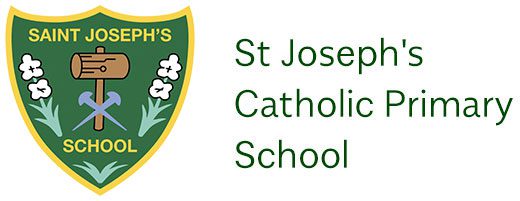History at St Joseph’s
At St. Joseph’s Catholic Primary School, we believe that a high-quality History education will help pupils gain a coherent substantive knowledge and understanding of Britain’s past and that of the wider world. It should inspire pupils’ curiosity to know more about the past. Teaching should equip pupils with disciplinary knowledge to ask perceptive questions, think critically, weigh evidence, sift arguments, understand sources and develop perspective and judgement. History helps pupils to understand the complexity of people’s lives, the process of change, the diversity of societies and relationships between different groups, as well as their own identity and the challenges of their time.
Through this we aim to:
- Promote positive attitudes and enthusiasm for History
- Ensure progressive development of substantive and disciplinary knowledge including the historical concepts, knowledge, skills and attitudes.
- Introduce pupils to what is involved in understanding and interpreting the past.
- Develop an understanding of history as a coherent, chronological narrative, from the earliest times to the present day.
- Know how people’s lives have shaped this nation and how Britain has influenced and been influenced by the wider world.
- Develop knowledge and understanding of significant aspects of the history of the wider world.
- Know how sources can be can be used to understand history and have an understanding of bias and truth.
- Gain and deploy a historically grounded understanding of abstract terms such as ‘empire’, ‘civilisation’, ‘parliament’ and ‘peasantry’.
- Develop an understanding of historical concepts such as continuity and change, cause and consequence, similarity, difference and significance, and use them to make connections, draw contrasts, analyse trends, frame historically-valid questions and create their own structured accounts, including written narratives and analyses.
- Understand the methods of historical enquiry, including how evidence is used rigorously to make historical claims, and discern how and why contrasting arguments and interpretations of the past have been constructed.
- Gain historical perspective by placing their growing knowledge into different contexts, understanding the connections between local, regional, national and international history; between cultural, economic, military, political, religious and social history; and between short- and long-term timescales.






